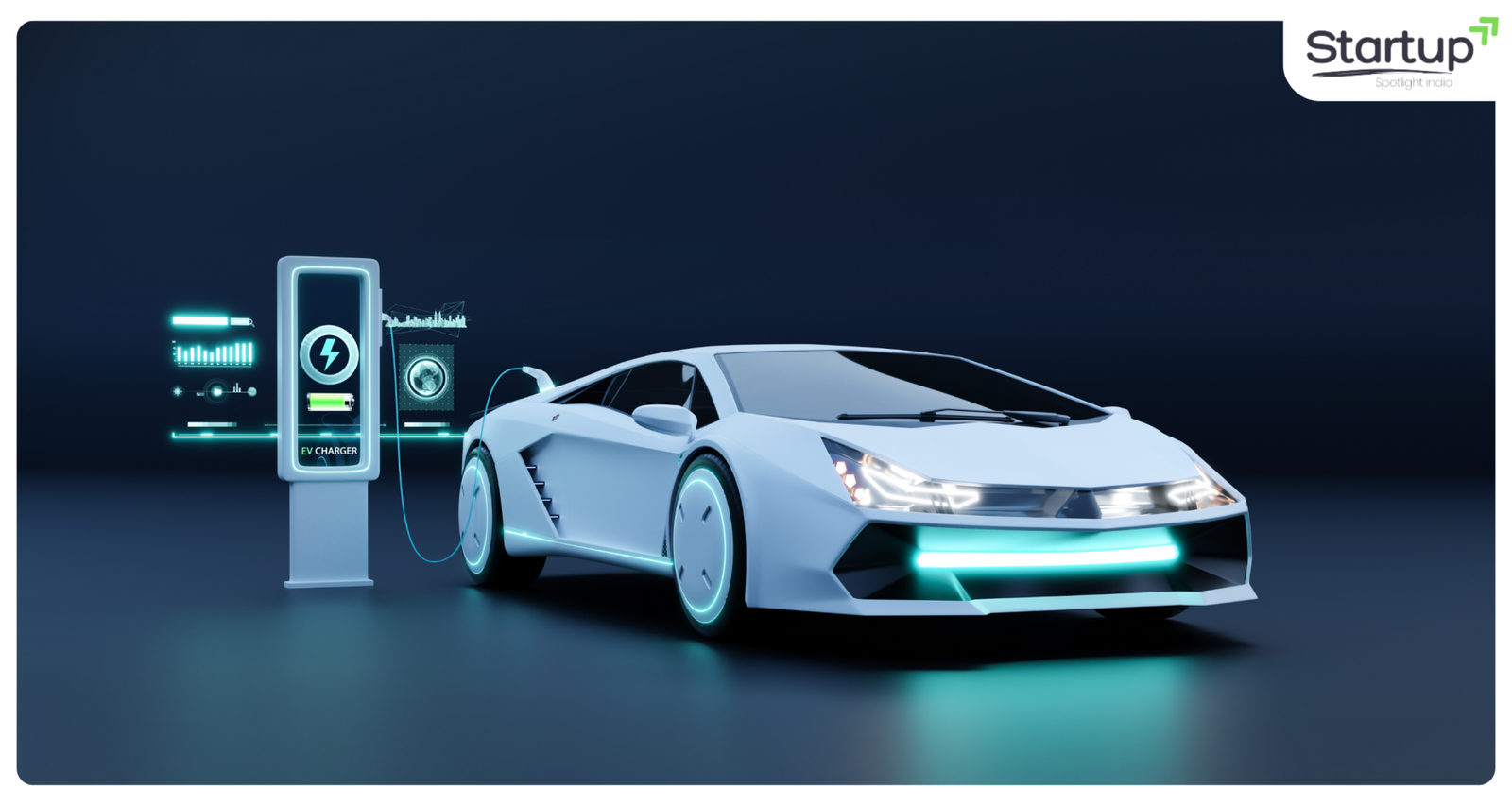Innovations And Challenges Powering The EVs Infrastructure in 2025

The Future of Electric Vehicle Charging Infrastructure
The electric vehicle (EV) sector is experiencing phenomenal growth, with charging infrastructure emerging as a vital component in facilitating this transformation. As a larger number of individuals transition to electric mobility, the demand for accessible and efficient charging stations intensifies. This article examines the current state of electric vehicle charging networks. It will also delve into the primary challenges they encounter, and the innovations that are paving the way for their future.
Current State of EV Charging Networks
Electric Vehicle (EV) Charging infrastructure is getting enormous investment from both governments and private companies. Faster Adoption and Manufacturing of Hybrid and Electric Vehicles also known as the FAMA program is one of the most crucial driving forces for the swift establishment of charging points for electric vehicles. Hefty investment from firms like Tata Power and Ather Energy also plays a crucial role in it.
Public charging stations are strategically being placed in important areas, such as city centers, major roadways, and business districts, to improve accessibility. Additionally, innovative home charging options are becoming available, allowing EV owners to easily charge their vehicles at home. Charging stations are being introduced by many companies at their workspaces to support employees in switching to electric vehicles.
Challenges Facing EV Charging Infrastructure
1. Limited Charging Infrastructure: Sufficient public charging stations are lacking in a significant number of rural and semi-urban regions. This absence makes long-distance travel challenging for electric vehicle users.
2. Charging Speed Concerns: Although EV technology has advanced remarkably, charging a vehicle typically takes longer than refueling a traditional petrol or diesel car, raising concerns about convenience for users.
3. Grid Load Management: The increasing demand for EV charging places additional strain on power grids, necessitating infrastructure upgrades and enhanced energy distribution methods.
4. Standardization Issues: Different manufacturers implement varied charging protocols, resulting in compatibility challenges that can cause inconvenience for users.
5. High Installation Costs: The establishment of these charging stations requires a significant financial commitment which slows down the rate of network expansion.
Future Trends in Electric Vehicle Charging
To overcome these challenges, the electric vehicle charging industry is progressing toward innovative solutions:
1. Ultra-Fast Charging Technology: Electric Vehicles are being completely charged instead of hours due to the recent breakthroughs in battery technology. Companies such as Tesla, ABB, and Ionity are the front runners with establishing ultra-fast chargers boasting capacities of up to 350 kW, resulting in reduced waiting time. This makes the use of EVs more convenient for everyday use.
2. Wireless Charging Solutions: Wireless charging is set to revolutionize convenience by eliminating the need for cumbersome cables. Seamless charging experience is being provided to the users by integrating this technology in parking lots, roads, and homes.
3. Solar-Powered Charging Stations: The establishment of Solar-Powered charging stations has successfully reduced the reliance on conventional electricity sources for the charging of Electric Vehicles. These sustainable solutions can make charging EVs feasible for users in remote locations as well.
4. Vehicle-to-Grid (V2G) Technology: V2G technology assists in balancing energy supply and demand by transferring unused electricity from electric vehicles back to the grid. This advancement provides EV owners with financial incentives for supplying stored energy during peak hours along with maintaining power grid efficiency.
5. Expanding Charging Networks: Charging infrastructure across urban landscapes and highways are being expanded mainly due to the collaborative efforts between governments and businesses. Notably, in India, major roadways are being transformed with dedicated charging corridors, ensuring that electric vehicle drivers can travel long distances with confidence.












